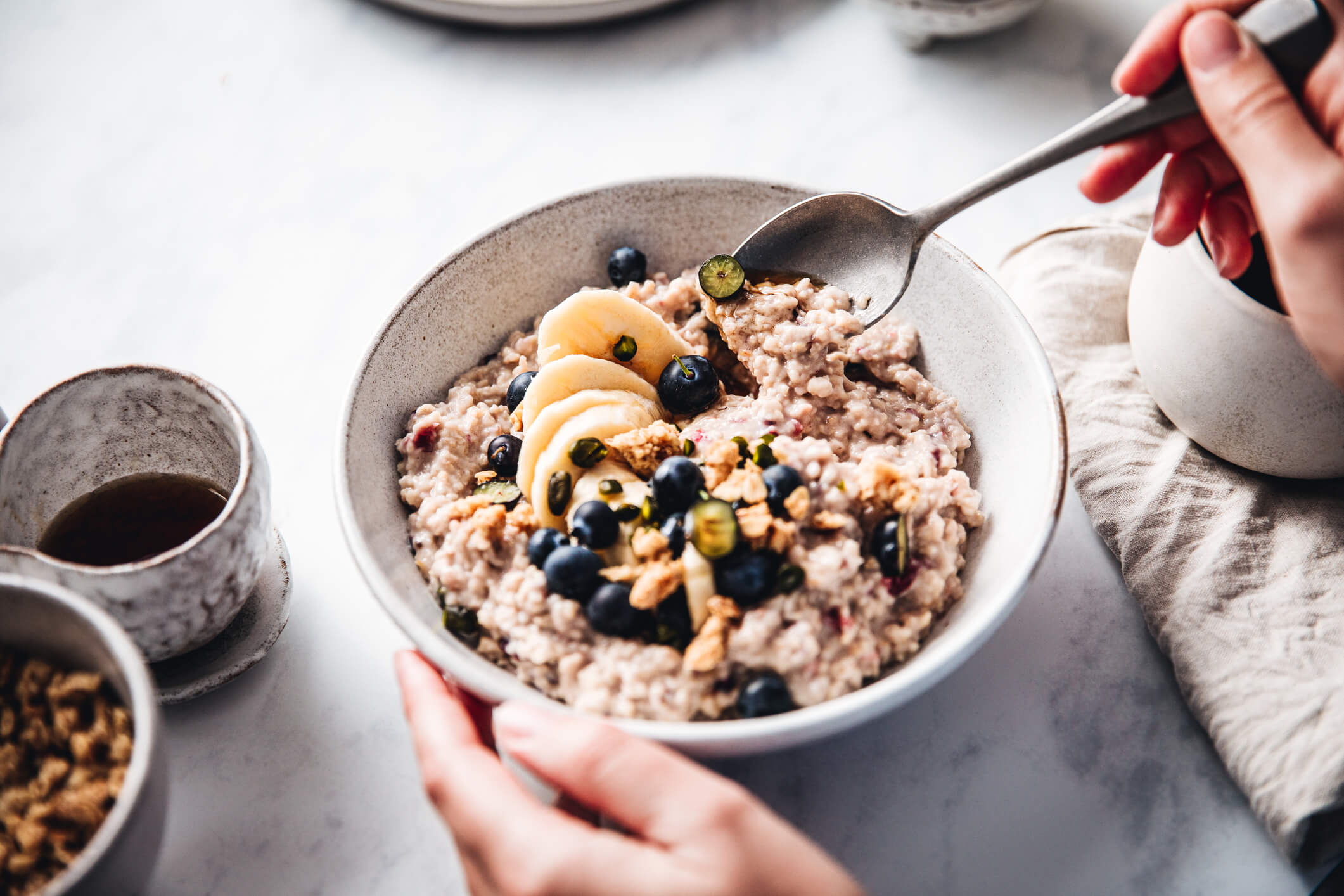5 Tips for Maintaining Good Urinary Tract Health
Urinary tract issues are common among women, but they don’t have to be. A few minor changes to your diet and lifestyle can go a long way in protecting your health.
Here are some helpful methods that will start benefiting your urinary tract right away.
Drink plenty of water
Most people are familiar with the rule that says everyone should drink eight glasses of water per day. This is to prevent dehydration—a condition that can sneak up on you after physical activity or just ordinary life. Dehydration can make your urine more concentrated, which not only creates discomfort while peeing but increases the risk for urinary tract issues such as bladder infections and kidney stones. Regular water intake makes you urinate more frequently, which helps flush bacteria out of the bladder and urethra.
While staying hydrated is key, how much water you drink depends on your lifestyle and medical conditions. As a general rule, urine that’s almost clear is a sign of good hydration.
Practice good hygiene
Simple habits that become part of your daily health routine require very little effort and go a long way in reducing the risk of urinary tract issues. You can reduce the chances of getting a urinary tract infection (UTI) with proper genital hygiene. Vaginas are exposed to bacteria during intercourse, and using the bathroom afterward flushes out the urethra. Though UTIs are rare in men, they can protect themselves and their partners by washing on a regular basis, especially before and after sex.
Eat healthy foods

Some evidence suggests that berries, vitamin C and probiotics are effective tools in supporting urinary tract issues. Cranberries and blueberries, in particular, may stop bad bacteria from attaching to the walls of the urinary tract. They help protect multiple key organs, including the urethra, bladder, ureters and kidneys. Berries are easily incorporated into a healthy diet. Dried cranberries go well on top of salads and oatmeal, and blueberries make a popular addition to smoothies and plain Greek yogurt.
Vitamin C is a key micronutrient in many food groups and plays an important role in urinary tract health. It increases the acidity in urine and is believed to inhibit the growth of bad bacteria. You can take vitamin C supplements or find it in citrus fruits, leafy greens and berries.
Probiotics contain billions of good bacteria that are used to combat the bad. The most common sources of probiotics include supplements, kimchi, Greek yogurt and kombucha.
Avoid salt and caffeine
In addition to boosting your diet with healthy compounds, you should avoid a couple of different types of foods. Foods packed with sodium will make your body retain water, which means there’s a decrease in how often the urinary tract is getting flushed out. Diets that are high in salt also often lead to high blood pressure and kidney stones. Monitor your daily sodium intake by reading the nutrition labels on processed foods and avoiding products like canned goods, lunch meat and chips.
Additionally, everyone knows that drinking coffee makes you have to pee. That’s because caffeinated beverages are diuretic, meaning they tell your body to produce more urine. It may sound like caffeine effectively flushes out the urinary tract, but it actually just leads to dehydration. Too much coffee and not enough water won't help in this area.
Do what feels right for your body
The final tip is simple—listen to your body. Take a bathroom break every time you feel the need to do so. Holding a full bladder all day will only increase your risk. And, if you notice anything out of the ordinary, don’t hesitate to speak with your doctor. The sooner you treat a UTI, the better.
Chances are, every woman will experience a UTI at some point in their life. Thankfully, you can reduce the frequency by staying hydrated, making small adjustments to your diet and practicing good hygiene. Prevention is key and the power to remain healthy is in your hands.


Leave a comment